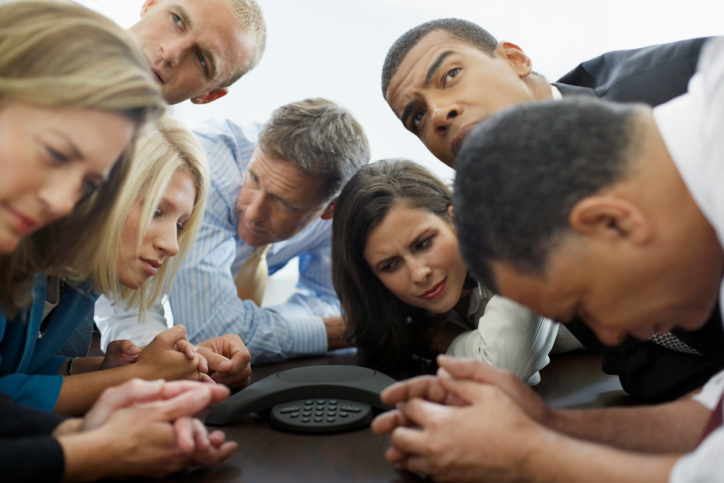
Faculty Director, School of Business at American Public University
As professional adults, we should know what to do and what not to do on conference calls. As businesses embrace teleworking and alternatives, conference calls have become a way of life but many people seem to need a primer on the etiquette for these types of business meetings.
I spend a great deal of time on conference calls, with several organizations and boards, and I’ve noticed a few patterns that are annoying to the other callers. Some are even rude.
Our global society has made conference calls a necessity. Following these few simple guidelines may help demonstrate your respect for your colleagues and can make these calls go more smoothly.
Be on time and, preferably, even a minute early. The chiming of callers coming on after the call has started is disruptive and it is disrespectful to the call organizer. Call in a minute or two early, then get your coffee or whatever you want to do.
Mute your phone! Your background noise is distracting to everyone, and it can even escalate beyond a simple distraction to a rude interruption. A colleague and I were conducting our monthly call when one of our participants decided to call someone else on another phone. All 90 participants on our call heard one side of the conversation. We once heard someone snoring and that is not even the most embarrassing noise we heard.
Pay attention to what’s going on. If there is an Adobe Connect (or other) room, also monitor what is going on in the chat box. This will help you avoid asking a redundant question and may also provide important clues on the topic and the culture of the group you’re working with.
NEVER interrupt the conference host. I had recently organized a conference call between three people. Five minutes before the call, I got a text from one of the participants that he could not make it, that he had another meeting. It would have been convenient for us to be on the call together, but it was not essential. I proceeded with the call, explained my colleague’s absence, and then began going through my agenda.
About five minutes into the call, my colleague dialed in and interrupted our conversation. He didn’t listen for a break in the conversation; he jumped in and talked over me. When he finished his seven-minute bombast (yes, I timed it!), he said he was done and was going back to his meeting and abruptly hung it.
The conversation was thrown off tempo and the late caller’s behavior can only be described as rude and even arrogant. I was dumbfounded that a professional would treat a colleague with such disrespect.
About the Author: Dr. Suzanne Minarcine is a faculty director for the School of Business at American Public University. She currently teaches strategic management and entrepreneurship courses.
Comments are closed.